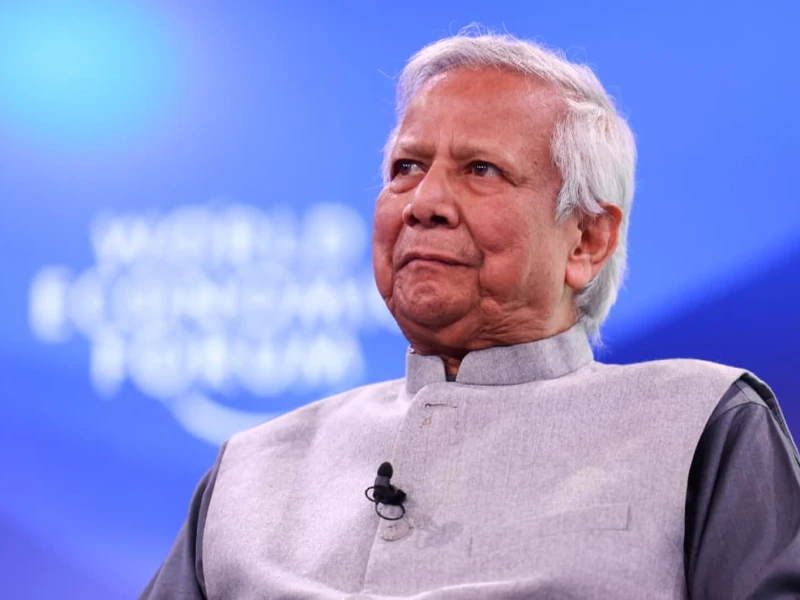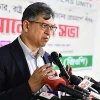Chief Adviser Prof Dr Muhammad Yunus has announced that the referendum on the July Charter will be held on the same day as the upcoming 13th National Parliamentary Election in the first half of February.
In a televised address to the nation on Thursday afternoon, he said the decision was made after careful consideration of all relevant factors.
"We have decided that the national election and the referendum will be held on the same day, in the first half of February," he stated. "This will not hinder the reform process in any way — rather, it will make the election more festive and cost-effective. Necessary legislation will be enacted in due course to facilitate the referendum."
Yunus also disclosed the question that will appear on the referendum ballot under the July Charter framework:
"Do you support the July National Charter (Constitutional Reform) Order 2025 and the proposed constitutional amendments contained in the July National Charter?"
He elaborated that the proposals under the referendum include:
a) The formation of the caretaker government, Election Commission, and other constitutional bodies in line with the July Charter’s provisions;
b) Establishment of a bicameral legislature — with a 100-member upper house formed proportionally based on votes received by political parties, whose approval will be required for constitutional amendments;
c) Implementation of 30 agreed reform proposals, including increased female representation in parliament, the selection of the deputy speaker and parliamentary committee chairs from the opposition, limiting the prime minister’s tenure, strengthening the president’s authority, expanding fundamental rights, ensuring judicial independence, and empowering local government;
d) Implementation of other reforms as pledged by political parties under the July Charter.
Voters will express their opinion on these four issues through a single ‘Yes’ or ‘No’ vote.
Yunus said that if a majority votes ‘Yes,’ a Constitutional Reform Council will be formed with elected representatives from the next parliament, who will serve concurrently as members of parliament.
The council will complete the constitutional reform within 180 working days of its first session. After the reforms are finalized, an upper house will be formed within 30 working days, based on the proportion of votes received by political parties. Its tenure will continue until the last working day of the lower house, he added.


 Prev Post :
Prev Post :
